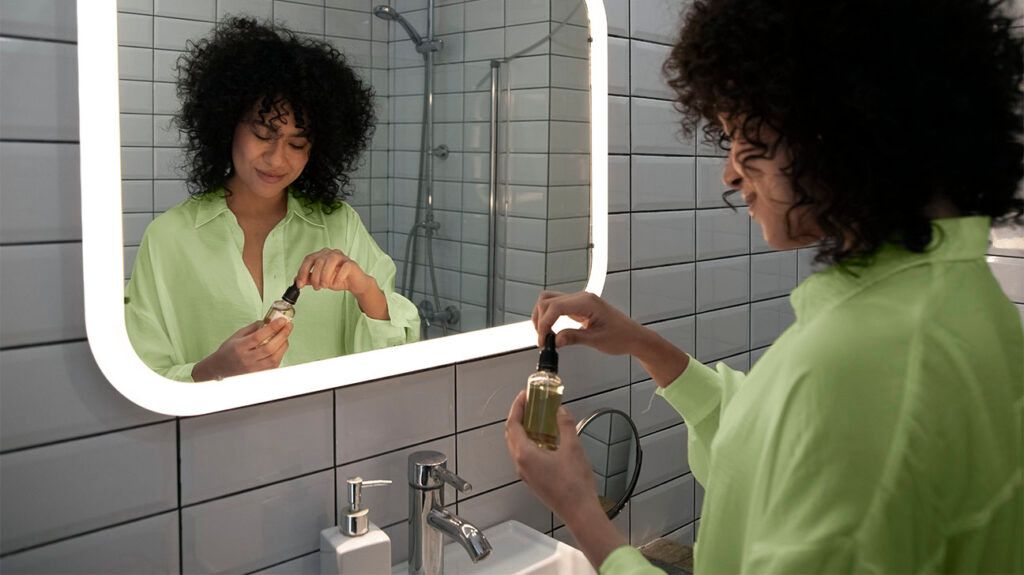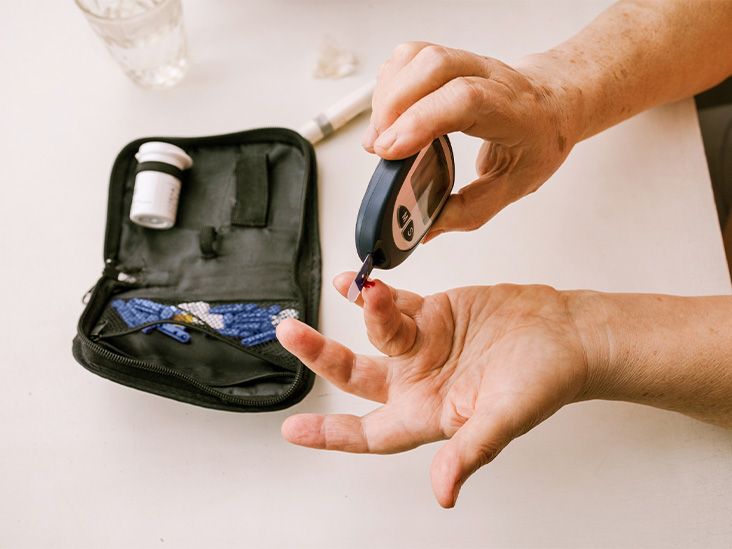Castor oil is a vegetable oil that people use for various cosmetic and medical purposes. It may provide health benefits for the face and skin, including helping manage acne, moisturizing, and reducing inflammation.
People typically take castor oil as a laxative, but the oil can potentially benefit the skin.
This article will outline what castor oil is, its benefits for the skin, how to use it, and possible side effects.

Castor oil is a translucent, yellow liquid. It is an active ingredient in a wide variety of household items, from cleaning products to paints.
It is also a common treatment for a range of medical conditions. For example, a
Castor oil is also present in hair and skin care products. Although the evidence is less conclusive, the oil has also demonstrated some potential benefits for the face and skin. There are also anecdotal reports of castor oil promoting hair growth, although there is
According to a 2022 article, health experts believe castor oil has the following properties:
- anti-inflammatory
- anti-microbial
- moisturizing, hydrating, and cleansing due to the fatty acids
- analgesic, or pain-relieving
Castor oil may have the following benefits for the skin and face:
- Treating acne: Castor oil may have anti-inflammatory and anti-microbial properties, which may help treat and prevent acne.
- Improving skin texture and complexion: The fatty acids in castor oil, such as ricinoleic acid and triglycerides, might help:
- cleanse, moisturize, and hydrate the skin
- smooth and soften the skin
- promote healthy pores
- Heal chapped lips: The American Academy of Dermatology (AAD) lists castor seed oil as an ingredient to look for in products to heal chapped lips.
- Heal wounds: A 2018 in vitro study on rats found that ricinoleic acid may help promote wound healing due to its anti-inflammatory and pain-relieving properties.
- Reduce dark circles under the eyes: A
2023 clinical trialTrusted Source involving 22 people found that creams containing castor oil appeared to be an effective treatment alternative for infraorbital hyperpigmentation. However, the authors state that more research is necessary to confirm their findings.
While castor oil has various promising properties, it is important to note that the scientific evidence supporting many of these claims is not conclusive. Additionally, much of the evidence tends to be anecdotal rather than scientific.
This means that most studies focus on one particular instance in which treatment with castor oil was successful rather than providing wide-ranging and accurate data.
When using castor oil for the face and skin, a person can do so by:
- purchasing skin care products that contain castor oil as an ingredient
- adding castor oil to their skin care products
- applying a small amount of castor oil directly to the skin and waiting for the oil to absorb
Some people may find that castor oil can irritate the skin.
Additionally, some people may experience an allergic reaction. Those who have sensitive skin and use lip balms containing castor oil
Anyone who experiences a severe allergic reaction to castor oil needs to seek medical attention immediately.
Anaphylaxis: Symptoms and what to do
Anaphylaxis is a severe allergic reaction that can be life threatening. The symptoms develop suddenly and include:
- hives
- swelling of the face or mouth
- wheezing
- fast, shallow breathing
- a fast heart rate
- clammy skin
- anxiety or confusion
- dizziness
- vomiting
- blue or white lips
- fainting or loss of consciousness
If someone has these symptoms:
- Check whether they are carrying an epinephrine pen. If they are, follow the instructions on the side of the pen to use it.
- Dial 911 or the number of the nearest emergency department.
- Assist the person in moving from a sitting position to lying down. If they have vomited, turn them onto their side.
- Stay with them until the emergency services arrive.
Some people may need more than one epinephrine injection. If the symptoms do not improve in 5 to 15 minutes, or they come back, use a second pen if the person has one.
Castor oil may have certain properties that can benefit the skin and face. However, much of the evidence underlying these benefits is inconclusive, and more scientific research is necessary to determine the full benefits of castor oil.
This oil is relatively safe but can cause some side effects, such as skin irritation or an allergic reaction. A person needs to consider this before deciding whether to use castor oil on the face and skin.

